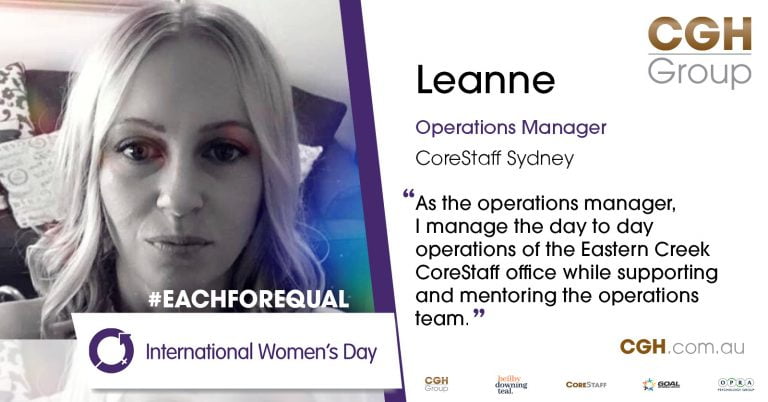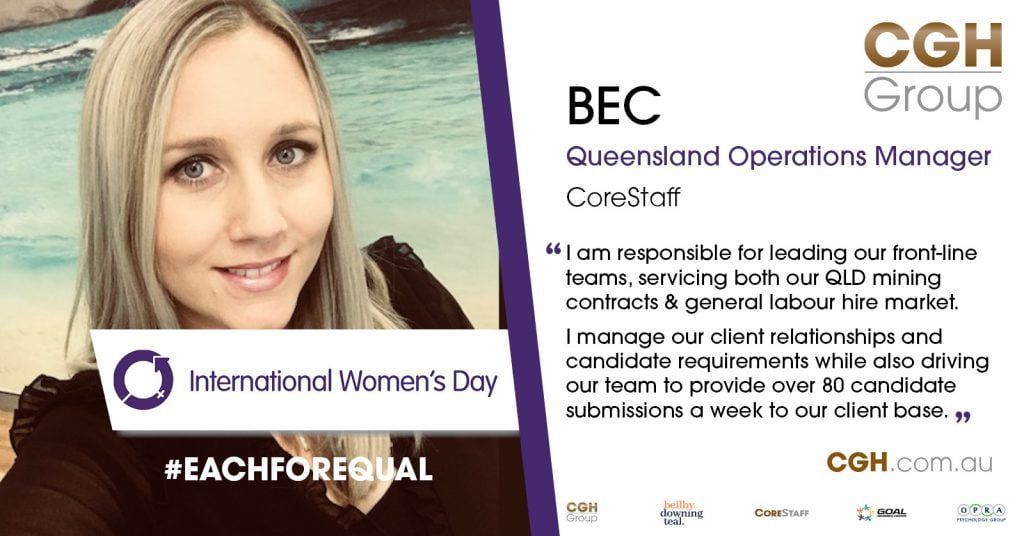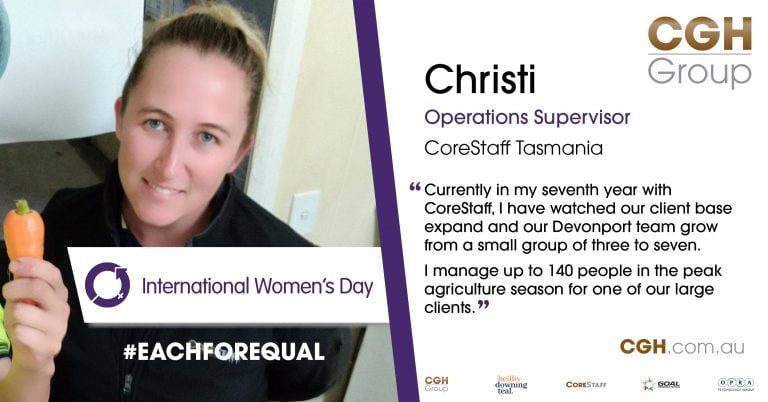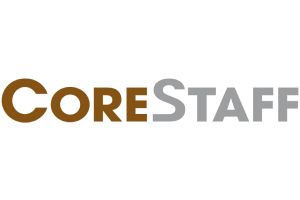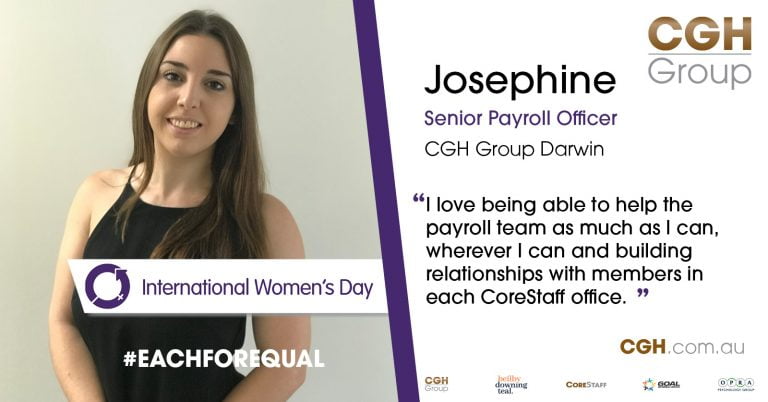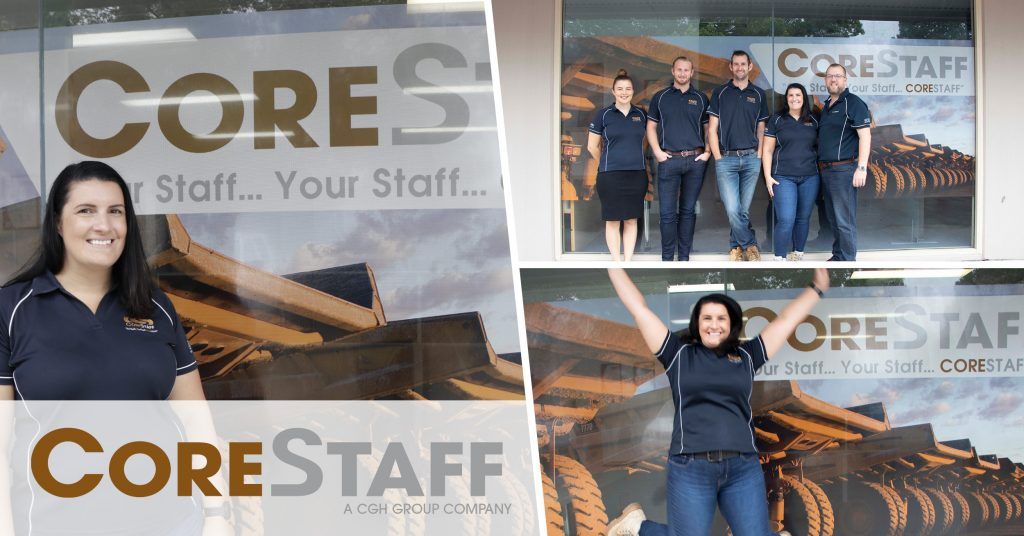Leadership - You don't always need to look to the top!
Leadership – you don’t always need to look to the top!
It would appear, now more than ever, that leadership scrutiny through a political, community or business lens is as intense as it has ever been.
The COVID19 pandemic has ensured that leaders globally, at all levels, are being judged through the impacts on community health, the bond of social contracts and the adversity of economic disruption. At more than any other time I can recall throughout my lifetime, leaders are being judged as much for what they don’t do as what they do.
Of course, judgement should always start with oneself.
Throughout the pandemic, most Australians have generally fared better than many others around the world. I am not a scientist or epidemiologist, and I expect there are health and geographic benefits to living in Australia and our relative success in dealing with COVID19. I believe our political and community leaders have strived for a unified outcome, genuinely worked collectively and collegiately and the broader population has shared in the collective responsibility of the social contract to minimise the devasting impact of COVID19.
Working in recruitment I am fortunate to gain insight into an individual’s career ambition, approach, challenges, and fear. In some regards, the conversations have remained constant pre/post COVID19 though extremes are amplified in an economic and employment environment where there is limited opportunity. For the team member who has been years without a performance and development review, let alone a salary review, concern is heightened. When employees have had to reduce pay, accept reduced working hours or be placed on unpaid leave, concern is replaced by anxiety and fear.
Who can question employee fear when leaders haven’t implemented performance, development, or salary reviews in the years prior to COVID19 and start economic rationalisation in the middle of a pandemic? It is little wonder employees are anxious and feel totally out of control of their destiny. The reality is some organisations place profit above all else and arguments can be made that they are contemptuous towards employees or have neglected their relationship to nothing more than a paycheque transaction.
It remains true that people still leave leaders rather than organisations.
At all times, employees look for their leader’s authenticity, transparency, consistency with the ability and passion to communicate across all business levels. In this pandemic, the benchmark is set a little higher – effective leadership needs to be more than cutting costs – employees are attracted to leaders who have positive and constructive internal and external communication skills. They are the brand ambassadors who clearly, readily, and consistently articulate the strategy and value of the company to employees and the market. They are personally genuinely concerned for their staff’s health and well-being and communicate directly with individuals and don’t defer this accountability to adjuncts.
Most people still need to go to work every day, and not all businesses have the leaders to drive the turnaround required, nor will all business ultimately survive this global pandemic. However, individuals need not look up for leadership. They should look firstly at themselves or across their colleagues for leadership. I am often reminded and inspired by the people I have worked with who are now leaders of their own organisations.
A couple who readily come to mind are Robert Bromage of IntelliHR and Sarah Rajic of Capital Recruit. I was fortunate to work with both early on in their careers and from my earliest memory they had a commitment to their effort, the ability to overcome obstacles, a belief in themselves, the confidence to ask questions and the resilience to overcome challenges. They are both successful entrepreneurs in today’s challenging and ever-changing human capital industry. Importantly they weren’t people I reported to; however, I find their leadership rewarding and inspiring. I watch with an active interest in their success and hope to learn from it.
If looking within yourself or your team for leadership, I recommend reading Dr Ric Charlesworth’s book ‘The Coach’. Dr Charlesworth is somewhat of a chronic underachiever – a medical doctor, a parliamentarian, an elite sports performer across multiple disciplines, a 4-time Olympic athlete and the coach of 2 Olympic Gold medal teams. However, even in his storied career, much of his innovation around team and leadership was challenged. Two of his concepts that have resonated with me are those of ‘social loafing’ and ‘a leaderful team’.
Social loafing is described by Dr Charlesworth as an attitude or behaviour which says, ‘someone else will do it’ or ‘it is someone else’s problem’. Even those who might feel marginalised in their career or not in control can demonstrate base levels of self-leadership in eliminating ‘social loafing’. What can I do, take the initiative, develop a skill, or take up a course?
The concept of ‘A Leaderful Team’ involves as many leaders as possible. In a work environment they don’t need to be a manager – encourage your peers and colleagues. Create a diversity of views and allow a greater number of people to excel in a shared high-performance environment and drive the team to greater success. Encourage all team members to be more inquisitive, more creative and value their participation and contributions. Dr Charlesworth believes this approached made individuals in the team more aware of their responsibilities and expanded the critical mass of leaders in the team who ultimately defended their 1996 Atlanta Olympics Gold medal by repeating their success in Sydney 2000.
Ideally, you will work in an organisation with a clear strategy for the future, have a leader who balances the needs of its employees and positioning the business for future growth and is authentic in everything they do. Even if you have this leadership, think about ‘social loafing’ and your role in ‘A Leaderful Team’ and take responsibility for your growth. If you work in an organisation where leadership doesn’t meet the needs of the current environment, your greatest accountability is to ensure you do all you can to position yourself for the next career challenge.
Written by
David Gallagher, General Manager NSW



